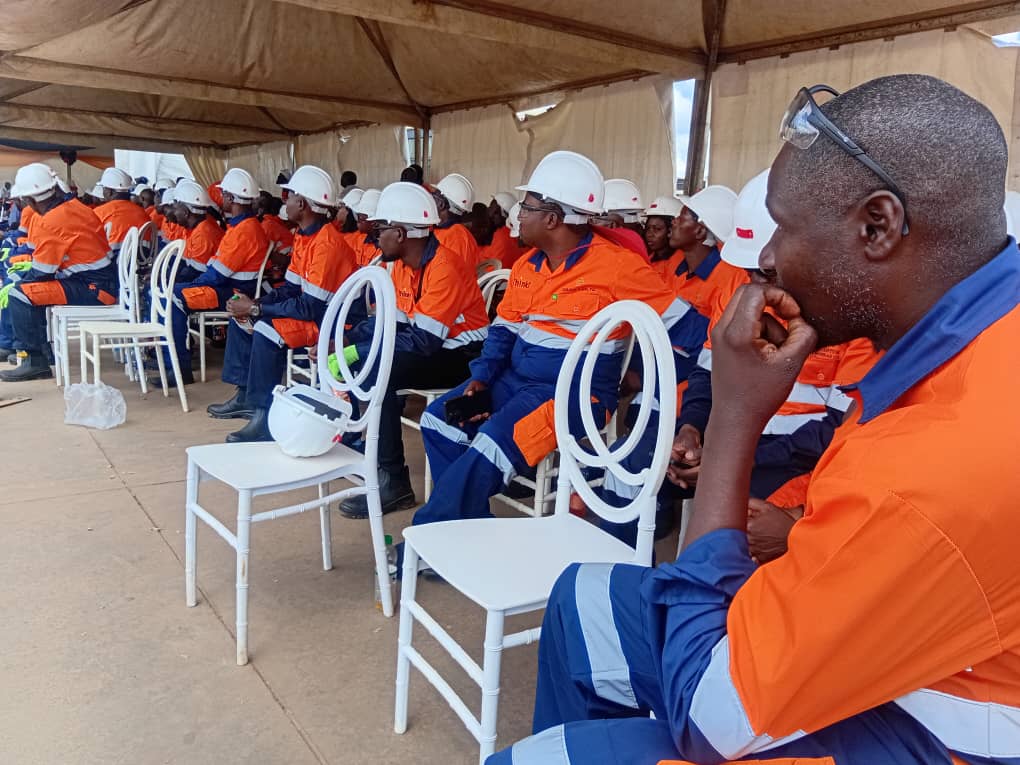Chile’s government said it is open to further amend a controversial mining royalty bill expected to enter into force next year, following mounting criticism of its impact on the industry’s competitiveness.
Finance Minister Mario Marcel said after the bill’s approval by the mining commission of the Senate, miners have requested certain modifications that do not alter the proposed law, but which could be included during the legislative stage.
Amid several potential adjustments, Marcel highlighted one that would set a limit to the potential tax burden for the combination of various taxes. This, he noted in a statement, would give “greater security or predictability to collection”.
Another adjustment would allow companies to include start-up expenses as a cost for the calculation of the adjusted mining operational taxable income, Marcel said.
Companies with operating losses as well as those with very low or near negative profitability would be exempt from the ad valorem component.
Since President Gabriel Boric first introduced the idea of a new royalty, the mining industry has been up in arms. It argues that, as they stand, the reforms would add uncertainty to investment decisions needed to help fill a global copper supply gap as demand rises in the clean energy transition.
The potential changes, the government says, would protect inversions, particularly from small and medium-sized miners, as the royalty would have a fixed “ad valorem” component of 1% on copper sales.
Between 8% and 26% of the total to pay would depend on the mining company’s operating margin.
Chile, the world’s largest copper producer, hosts major miners including BHP, Anglo American, Rio Tinto, Antofagasta, Glencore and state-run Codelco.








